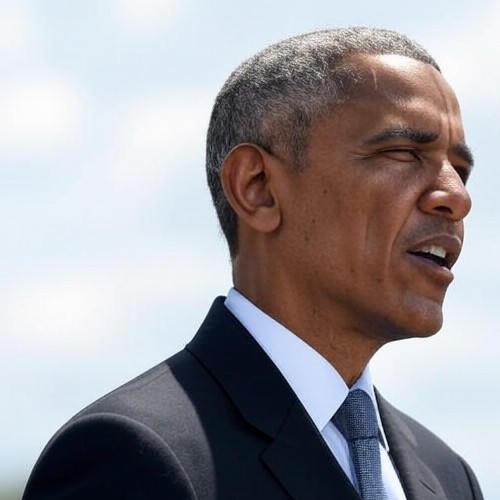PROTECT YOUR DNA WITH QUANTUM TECHNOLOGY
Orgo-Life the new way to the future Advertising by AdpathwayIllinois Governor J.B. Pritzker faced a challenging moment during his recent interview with Bret Baier on FOX News. This exchange underscored a notable trend: Democratic politicians often experience less rigorous scrutiny compared to their Republican counterparts. Despite Baier’s relatively restrained questioning, Pritzker struggled to provide confident answers, revealing vulnerabilities in his leadership.
During the interview, Baier asked a straightforward question about Chicago’s murder rate—current statistics show it as the highest among major U.S. cities. Pritzker responded defensively, asserting that the city is not among the top 30 in terms of murder rates and emphasizing a significant reduction in figures over the past four years. “Our murder rate has been cut in half,” he stated. However, Baier countered with clear, factual evidence. A map illustrated that Chicago’s murder rate stands at 47 deaths per 100,000 people, surpassing cities like Philadelphia and Houston.
Pritzker’s attempt to redirect the conversation toward broader trends in violent crime did not land effectively. The statistics he cited seemed disconnected from the reality presented by Baier, which raised questions about his grasp of critical issues facing Chicago. In moments where clarity and assertiveness were needed, Pritzker instead emitted uncertainty, indicating the pressure he felt under questioning.
Mark Halperin, a seasoned journalist, provided pointed criticism of the governor’s performance. On his show, Halperin argued that the interview confirmed Pritzker’s shortcomings as a candidate. He stated, “He did nothing to help himself in that interview. He was totally on defense, sputtering, vague.” Halperin’s remarks speak volumes about the expectations placed on public figures, particularly those who may have ambitions for higher office.
Halperin added that Pritzker squandered a significant opportunity to articulate his message and bolster his image. “If you’re going to go in and sit with Bret on set, kill it,” he advised. Instead of rising to the challenge, Pritzker appeared overwhelmed, failing to convince viewers of his capability to meet pressing issues head-on.
The implications of this interview are substantial for Pritzker’s future ambitions in the Democratic primary for 2028. His status as a billionaire may lead some to consider him a viable candidate, but Halperin’s critique suggests that wealth alone may not suffice. The ability to communicate effectively, assert one’s position, and engage successfully with tough questions is paramount in a political landscape that values resilience.
In the current political climate, where scrutiny and accountability are at the forefront, Pritzker’s interview serves as a stark reminder of the challenges Democratic leaders face, particularly when they encounter journalists willing to press for clarity. The bar remains high for public officials, and moments like these can have lasting impacts on their credibility and future aspirations.
"*" indicates required fields


 1 day ago
2
1 day ago
2


















.jpg)






 English (US) ·
English (US) ·  French (CA) ·
French (CA) ·